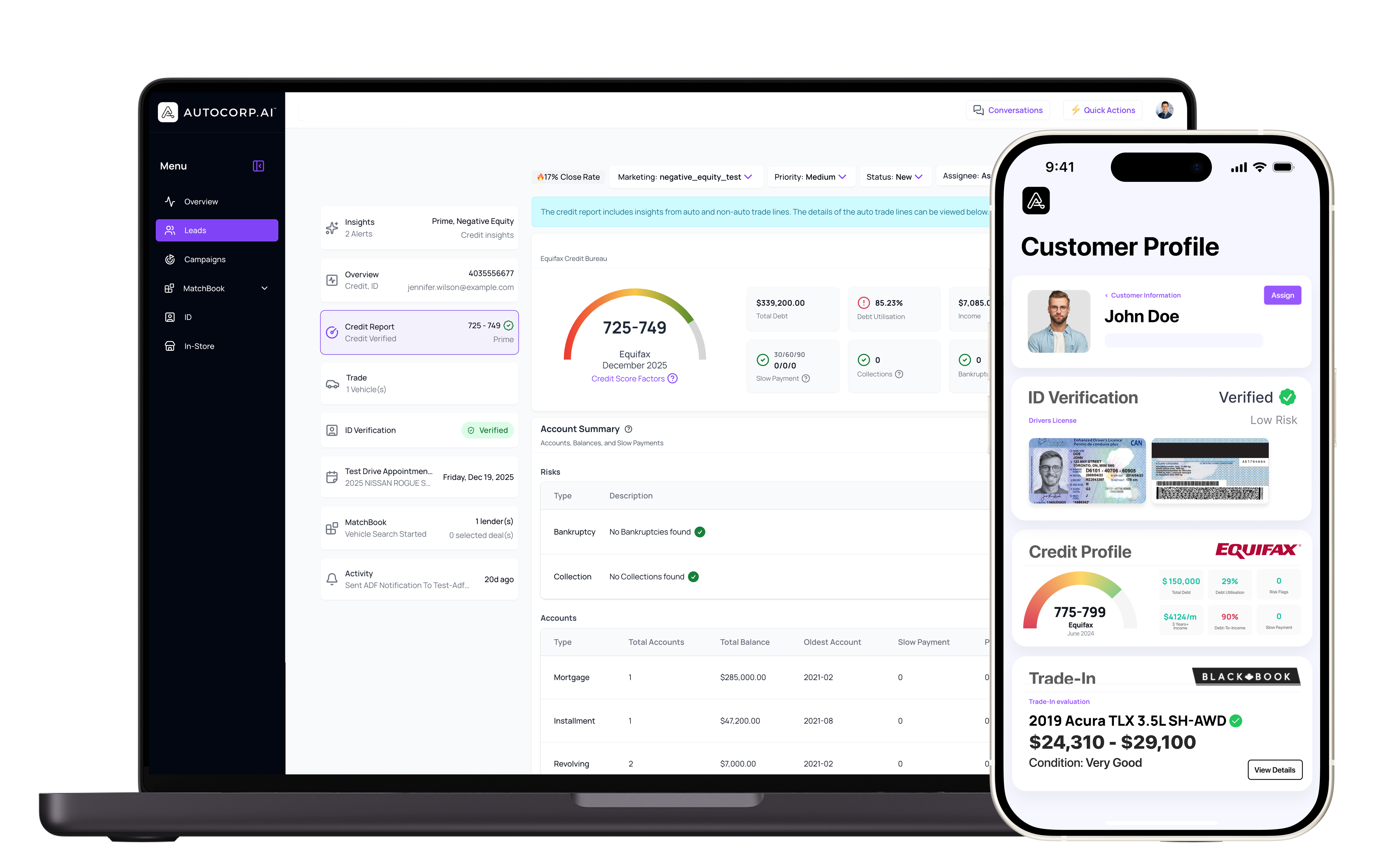How to Handle EV-Specific Objections: Overcoming Concerns About Range, Cost, and Charging
Electric vehicles (EVs) represent the future of automotive technology, but many potential buyers still harbor significant concerns. As a sales professional, your ability to address these objections can make the difference between a lost opportunity and a satisfied customer driving home in their new electric vehicle.
Understanding the Core Objections
Customers typically raise three primary concerns when considering an electric vehicle:
- Range Anxiety
- Upfront Cost
- Charging Infrastructure and Convenience
Let's dive deep into each of these objections and develop strategies to effectively address them.
1. Range Anxiety: Debunking the Mileage Myths
The Reality of Modern EV Range
Most modern electric vehicles now offer ranges that meet or exceed the daily driving needs of the average consumer:
- Current EV models range from 250 to 400 miles on a single charge
- Many luxury EVs can exceed 500 miles per charge
- Technological improvements are constantly expanding range capabilities
Objection Handling Strategies
- Conduct a personalized driving habit assessment
- Use concrete examples: "Your average daily commute is 35 miles. This vehicle can go 300 miles on a single charge."
- Demonstrate charging convenience and speed
- Highlight backup charging options and infrastructure growth
2. Cost Concerns: Total Value Proposition
Breaking Down the Financial Equation
Customers often focus on the higher upfront cost without considering long-term savings:
Immediate Cost Savings
- Federal tax credits (up to $7,500)
- State and local incentives
- Lower maintenance costs
- Reduced fuel expenses
Long-Term Financial Benefits
- Lower electricity costs compared to gas
- Reduced maintenance (fewer moving parts)
- Potential higher resale value
- Lower total cost of ownership
Pro Tip: Create a personalized cost comparison spreadsheet showing exact savings over 5 years.
3. Charging Infrastructure: Convenience is Key
Addressing Charging Concerns
- Map local charging stations
- Explain home charging options
- Demonstrate charging speed and convenience
- Discuss emerging charging technologies
Charging Options Breakdown
- Home Charging
- Level 1 (Standard outlet)
- Level 2 (Faster home charger)
- Public Charging Networks
- Expanding rapidly
- Multiple provider options
- Workplace Charging
- Fast-Charging Stations
Comprehensive Objection Handling Framework
The LISTEN Method
- Listen carefully to specific concerns
- Identify the root of the objection
- Show empathy and understanding
- Tailor your response with data and personal relevance
- Encourage questions and exploration
- Navigate to a solution together
Practical Scripts for Common Objections
Range Anxiety Script
"I understand your concern about range. Let's look at your typical driving week. [Review driving habits] With this model's 300-mile range, you'll only need to charge 1-2 times per week, which takes less time than your weekly gas station visits."
Cost Objection Script
"While the initial price might seem higher, let me show you how much you'll save over the next five years. Between fuel savings, tax credits, and lower maintenance, you could save over $10,000."
Technology and Education
Leverage Visual Aids
- Interactive range maps
- Charging network visualizations
- Total cost of ownership calculators
- Side-by-side comparisons with gas vehicles
Emerging Trends to Highlight
- Rapidly improving battery technology
- Increasing charging infrastructure
- Dropping EV production costs
- Government and corporate commitments to electrification
Conclusion: The Consultative Approach
Successful EV sales aren't about pushing a product—they're about:
- Understanding individual customer needs
- Providing transparent, data-driven information
- Building confidence in electric vehicle technology
Final Thought
Every objection is an opportunity to educate and build trust. Your knowledge can transform hesitation into excitement about the electric future.
Pro Tip: Continuous learning about EV technology is your greatest sales tool.

